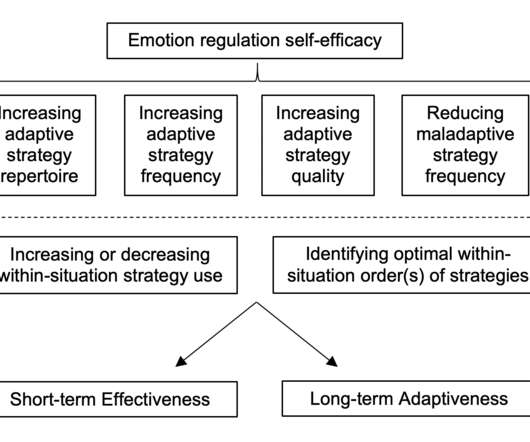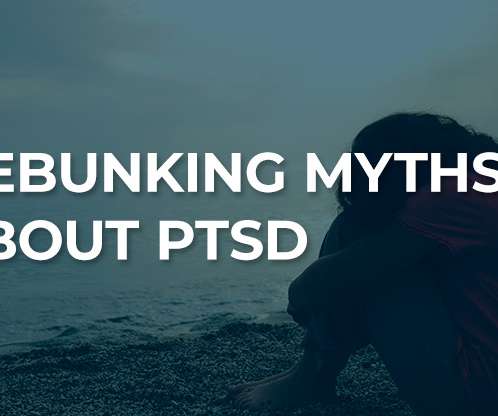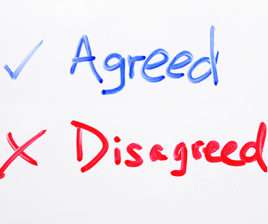Types of Therapy and Mental Health Providers
Stop Abuse Campaign
JANUARY 19, 2022
← How to Choose a Therapist: Tips and Fits. In fact, choosing a therapist and the type of therapy you specifically need may seem like a chore. Types of Therapists and Counselors. Along with psychotherapy, they can dispense medication if needed to help with the overall course of therapy. Psychologists. Psychiatrists.












Let's personalize your content